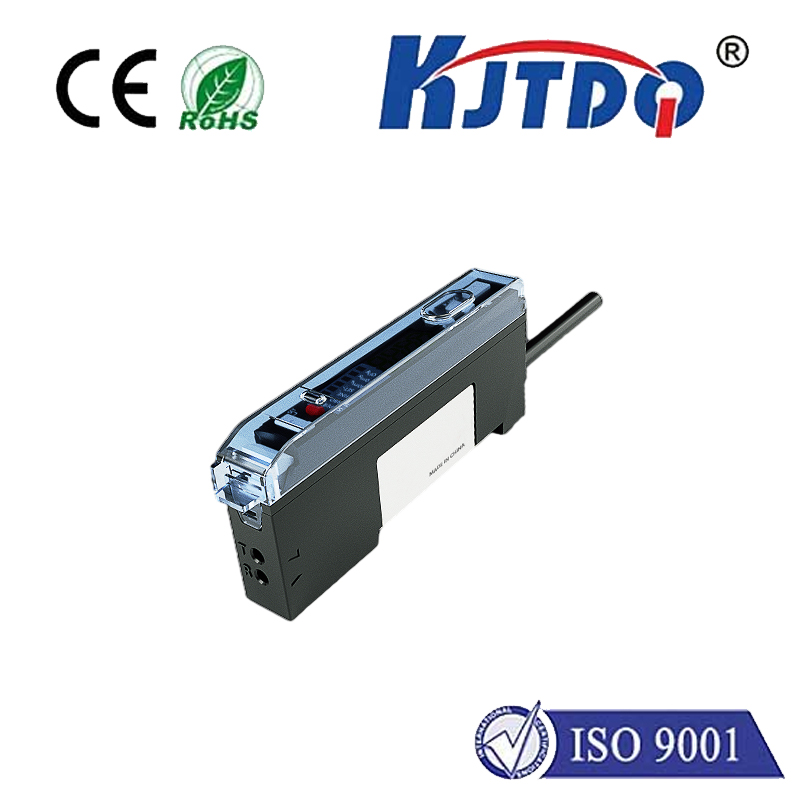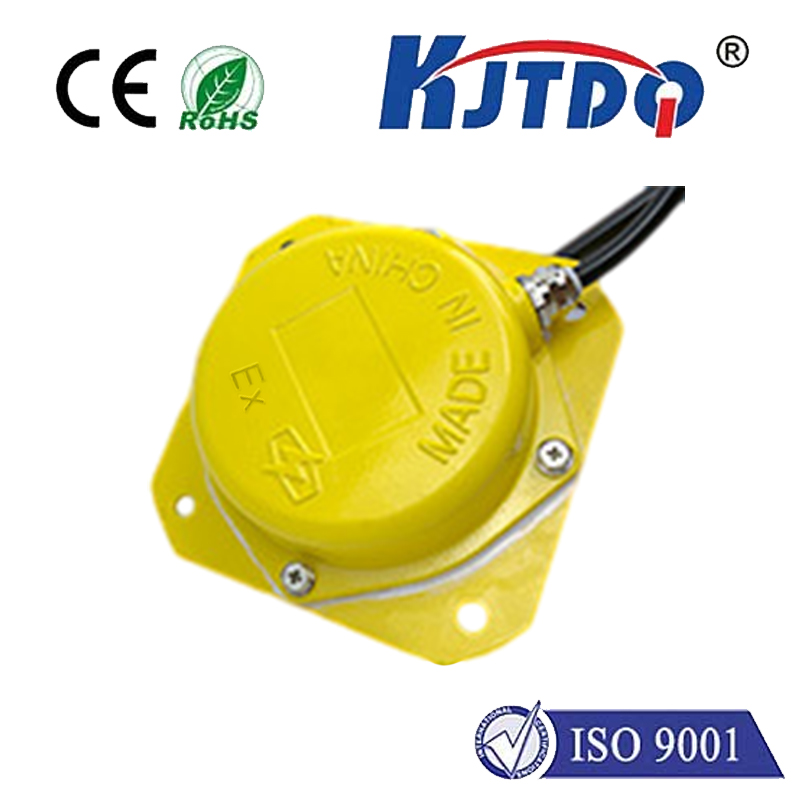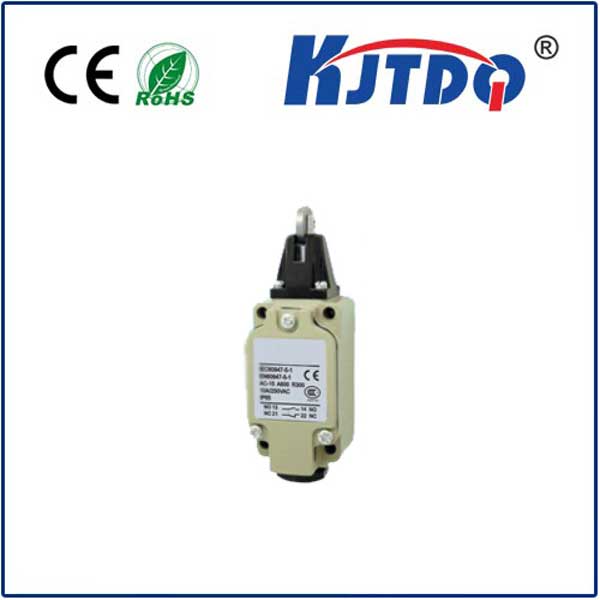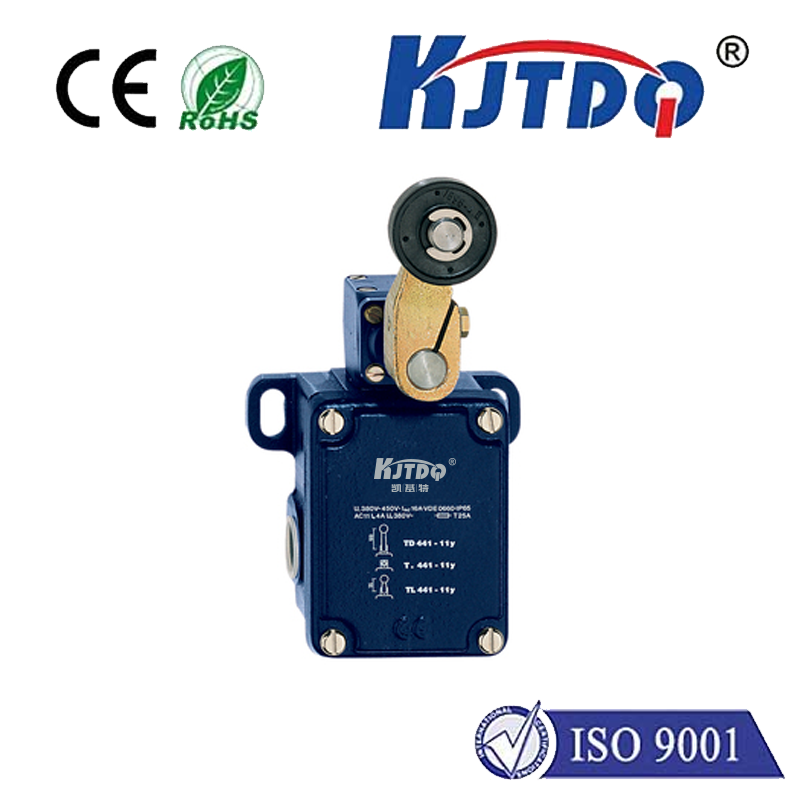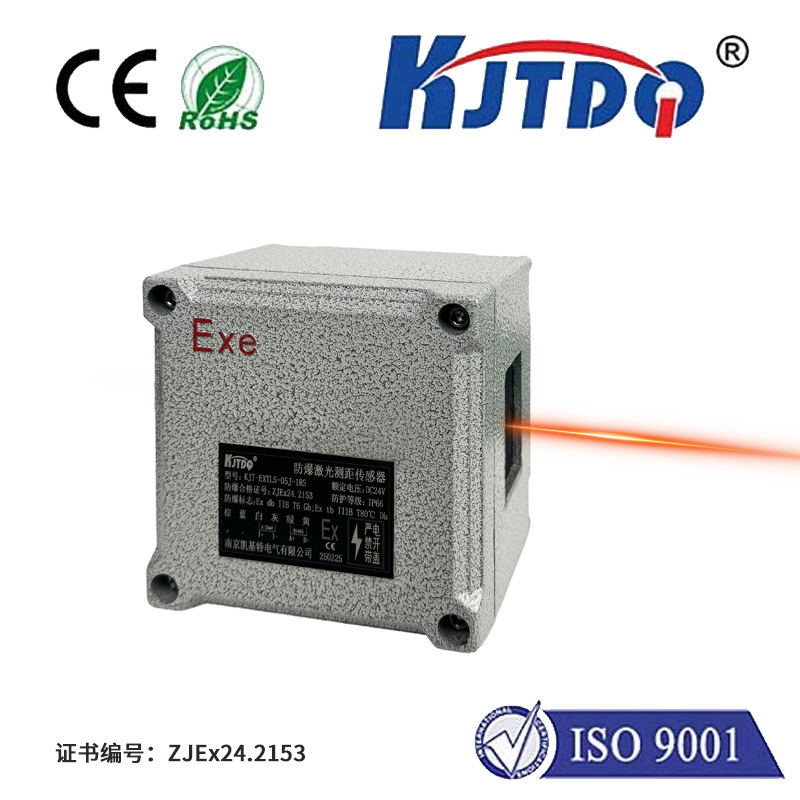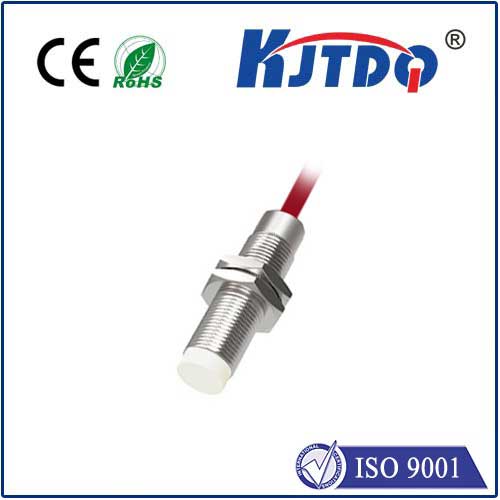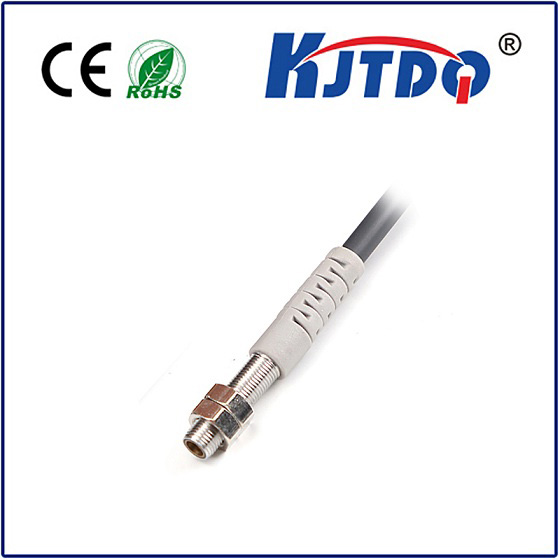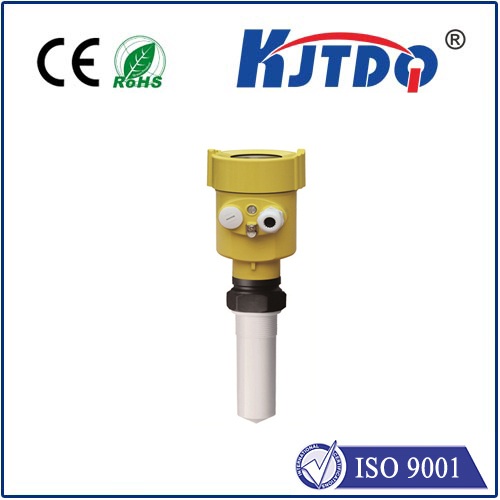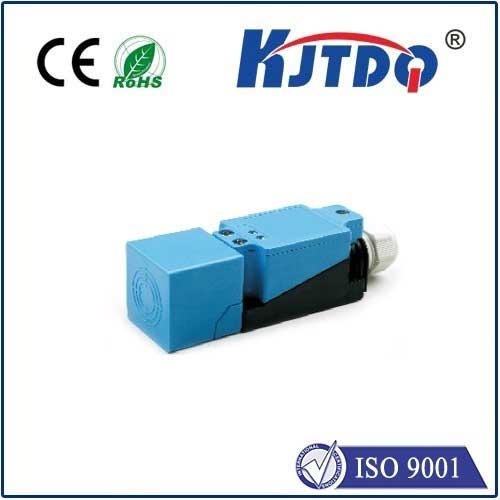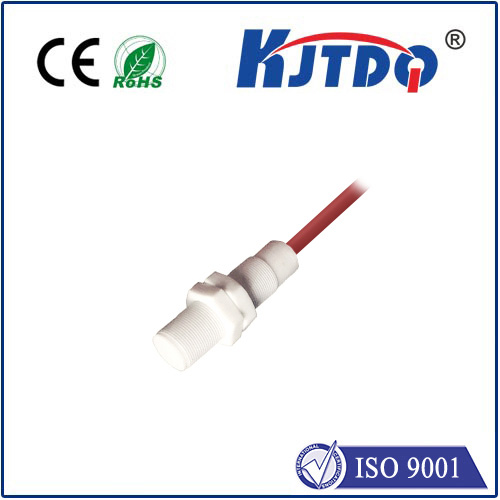

check

check

check

check

check

check

check

check

check

check
Title: Unlocking the Potential of Thickness Measurement with Laser Sensors
In today's fast-paced world, precision and accuracy are crucial in almost every industry. One area that requires exceptional levels of accuracy is thickness measurement. Traditional methods such as ruler or calipers may not always provide the desired result due to factors like human error or material inconsistencies. However, with the introduction of laser sensors for thickness measurement, these challenges have been overcome, opening up a world of possibilities for industries such as manufacturing, automotive, and aerospace.

Laser sensors work by using a high-powered laser beam to measure the distance between two points on a surface. By shining the laser beam across the surface and measuring the time it takes for the light to bounce back, the sensor can determine the thickness of the material. This method provides incredibly accurate measurements, even at high speeds, making it ideal for applications where precision is critical.
One of the key benefits of laser sensors for thickness measurement is their ability to work with virtually any material. From metals to plastics and even complex composites, these sensors can detect the thickness of materials with ease. Additionally, they do not require physical contact with the surface being measured, which makes them ideal for use in environments where traditional测量方法 might be hazardous or impractical.
Another advantage of laser sensors is their versatility. They can be used in a variety of applications, including packaging inspection, quality control, and process optimization. In manufacturing, for example, laser sensors can be used to monitor the thickness of sheets of material as they move through a printer, ensuring that each printed piece meets specific specifications. In automotive production, laser sensors can be used to check the thickness of paint applied to vehicles, ensuring that it adheres evenly and meets safety standards.
Despite their many advantages, laser sensors for thickness measurement are not without their challenges. One primary limitation is their cost, which can be prohibitive for some industries or organizations. However, advances in technology and increased competition in the market have helped to reduce prices in recent years, making these sensors more accessible than ever before.
In conclusion, laser sensors offer a powerful solution for those looking to measure the thickness of materials accurately and efficiently. Whether you operate in manufacturing, automotive, or other industries, these innovative tools can help you unlock new levels of productivity and precision in your operations. As technology continues to evolve, it is likely that we will see even more advanced versions of laser sensors emerge, further expanding their capabilities and applications in a wide range of industries.
